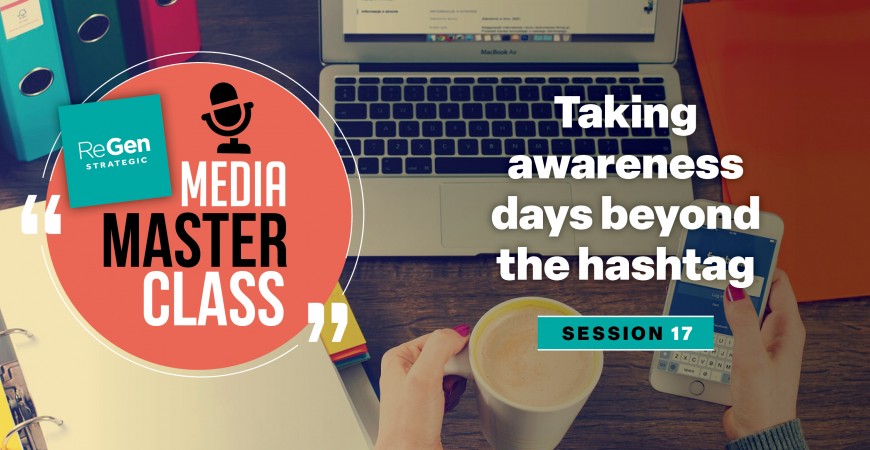Social media can have a significant influence over public perception and provides organisations and public figures with direct, and often unfiltered, access to their audiences. It also gives them the opportunity to leverage their following to make a genuine impact on societal issues, oftentimes by engaging with existing campaigns or awareness days.
This can be a powerful way for organisations to take part in meaningful change, but the catch is that effective engagement goes far beyond simply posting a hashtag over a graphic and calling it a day. The way organisations can make a real difference is through an authentic commitment to the cause they are engaging with rather than a superficial gesture. And the real measure of success of such a communications campaign is the awareness raised for the cause rather than the boost it potentially provides to a company’s profile.
Take R U OK? Day, for example – a day dedicated to mental health awareness and encouraging open conversations about wellbeing in communities, at work and in private. Like many awareness days, organisations too often begin and end their engagement with the day by sharing the social media tiles available online, forgetting that the day is not about racking up likes and shares on social media. Instead, the measure of success should be about how well the organisation raised awareness for mental health issues, how well it contributed to a broader conversation and how well it built an R U OK? culture into its workplace.
So before engaging with R U OK? Day, or any other public campaign or awareness day, there are several key points to consider:
- Avoiding tokenism. Even if your organisation has a solid alignment with a cause, simply posting a logo or hashtag without any real follow-through isn’t going to cut it because true engagement involves participation. Depending on the day, this can mean hosting a workshop or event, engaging in a community partnership and sponsorship, implementing internal programs and sponsorships, or participating in fundraising. An even better way of engaging is to make sure you don’t start and stop on the awareness day itself, but let it be an ongoing effort. For example, companies can bring their values to life year-round by engaging in Workplace Giving, allowing employees to make small, regular donations out of their pre-tax pay. That way, when the awareness day comes around, your company has something meaningful to share and can also be a guide to others on how to engage effectively with a cause.
- Your organisation’s alignment with the cause. This is where many companies trip up as they forget that participation in awareness days and public campaigns need to be contextually relevant and sincere. Not every company needs to engage with every awareness campaign and if they do, it can seem disingenuous and opportunistic. For example, a veterans’ organisation, or organisations that are engaged with veterans and their families, should absolutely post about and engage heavily with Anzac Day because they are aligned with the cause of the day. Whereas a retail outlet would be better off simply making their opening hours known, otherwise they risk making it look like they are using the day for commercial exploitation. To truly support the cause, organisations with no specific connection may be better stepping back and leaving the airways clear for other, more relevant voices on that day. If you or your organisation still wants to engage, you can do so authentically and effectively by helping to amplify the voices of those at the centre of the cause through liking and sharing their content rather than pushing your own.
- Engaging your internal audience. Employees are a critical part of an organisation’s culture and values, and their buy-in is essential for any awareness day initiative to succeed. For instance, if a company participates in R U OK? Day, but employees feel unsupported or are unaware of the organisation’s mental health resources, the external messaging will ring hollow. Employees are also far more likely to engage with company initiatives that they’ve had an active role in choosing and organising. So before putting anything on social media, ensure you have consulted your internal audience and communicated what you will be doing, why you are doing it, and how they can get involved.
 ReGen Strategic
ReGen Strategic